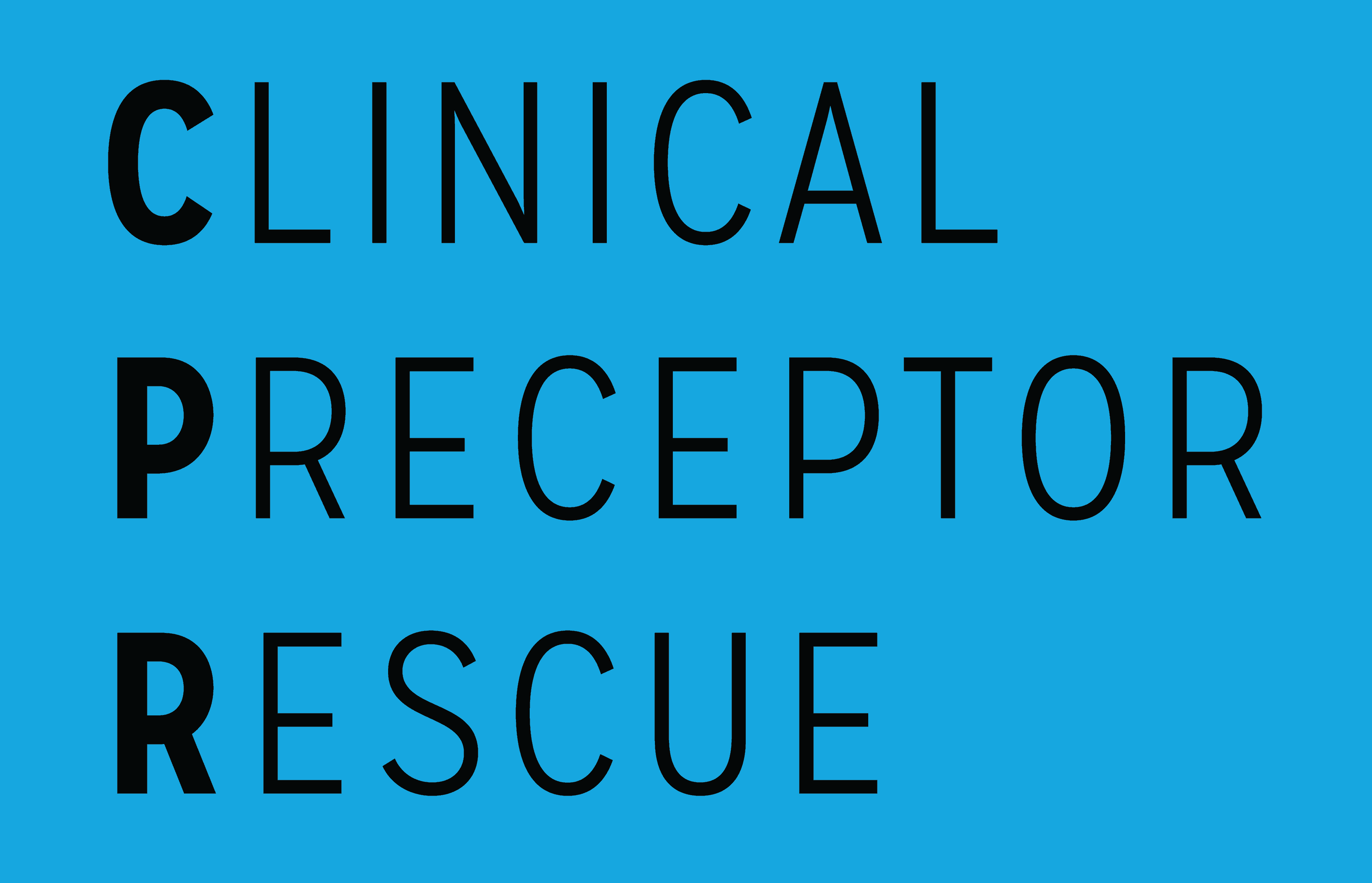Finding preceptors—experienced professionals who supervise and mentor students or trainees in fields like healthcare and psych —can be challenging for several reasons.
Some of the main factors contributing to the difficulty include:
1. High Demand and Limited Supply
In fields like healthcare (e.g., nursing or physician assistant programs), there’s a constant demand for preceptors. With more students entering programs each year, the number of available preceptors often doesn’t keep up.
Many healthcare professionals are already stretched thin with their own caseloads, making it hard for them to take on additional responsibilities like mentoring students.
2. Time and Workload
Being a preceptor can be time-consuming. It involves more than just supervising a student—it includes providing feedback, ensuring the student is meeting educational goals, and sometimes, adjusting the workload to teach specific skills. Many potential preceptors may not have the time, especially if they’re balancing clinical responsibilities or other professional duties.
Precepting can be an emotional and intellectual investment. It requires a certain level of patience, teaching ability, and a commitment to student success, which can be taxing for those who are already at capacity.
3. Lack of Incentives or Compensation
While some preceptors are compensated for their time, many are not. In many cases, it’s seen as part of professional responsibility or service to the field, which can lead to burnout, especially when preceptors feel undervalued.
Incentives like continuing education credits, stipends can help make precepting more attractive.
4. Professional Liability Concerns
Some experienced professionals may be hesitant to take on a preceptorship due to concerns about liability. If a student makes a mistake or is involved in an incident under the preceptor’s watch, there could be questions about the preceptor’s responsibility or negligence.
In regulated fields, there may also be strict rules and paperwork involved, which could deter potential preceptors.
5. Burnout Among Healthcare Professionals
Healthcare workers, in particular, face high levels of burnout due to the stresses of their profession. The emotional and physical toll of patient care can leave them with little energy or desire to take on additional mentoring responsibilities.
This phenomenon is not isolated to healthcare—any profession with high stress and long hours can contribute to burnout among potential preceptors.
Despite these challenges, many educational institutions and organizations are working to address these issues by offering incentives, creating more flexible opportunities for preceptors, and finding ways to better match students with mentors.
Companies like Clinical Preceptor Rescue help students by finding preceptors so students can spend their time on more important things like their coursework and jobs and families.
